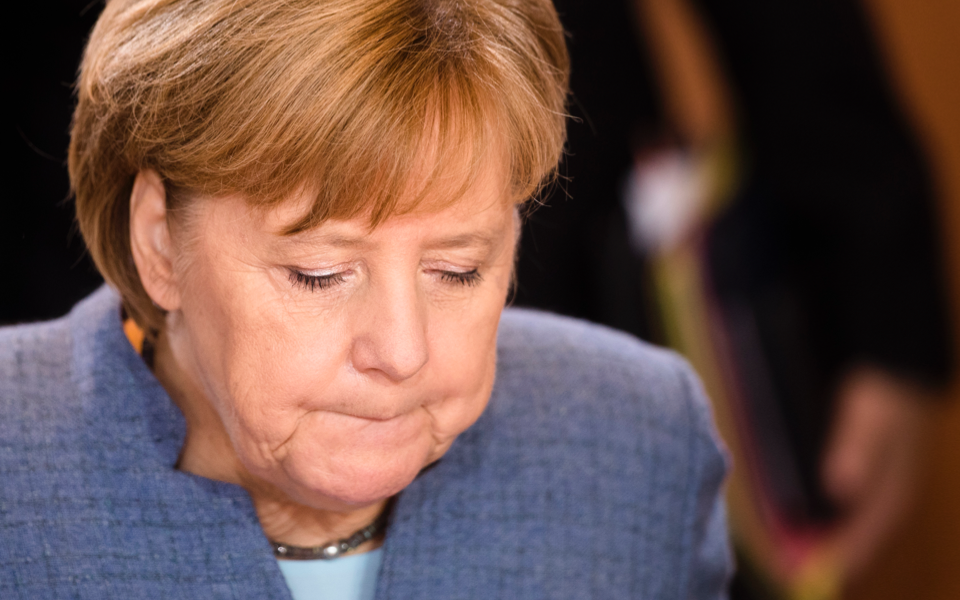The German crisis

The failure to form a coalition government in Germany and the prospect of fresh elections have thrown the European Union into uncertainty.
The continent is again feeling the depressing weight of Germany’s leverage in European affairs.
The big difference compared to the past is that, whereas Germany’s disproportionate power led to two devastating world wars in the previous century and the people of the continent fought to defeat the country, today everyone seems to be hoping that Berlin finds a way to exit the crisis as quickly as possible.
But there is also a counterargument to this optimistic interpretation of events.
The German crisis showed that difficulties in forming a government in Berlin are enough to create unease across the 28 member-states that make up the EU bloc.
The crisis in Berlin in fact confirms just how immature, and thus vulnerable, the whole project is.
Another paradox that emerged as a result of Germany’s parliamentary crisis is that all parties that took part in the talks – with the exception of the Greens – are unwilling to join a coalition led by Angela Merkel.
Essentially, a leader who enjoys respect across Europe is being rejected not only by the Liberals but also by the Social Democrats, perhaps because the coexistence of the two parties in a previous government was extremely detrimental – virtually fatal for the Liberals who in 2013 failed to enter Parliament for the first time in Germany’s postwar history. Political parties have a strong survival instinct.
What is difficult to understand, however, is that when Merkel declared, after the collapse of negotiations, that she would prefer to go to snap polls than lead a minority government, both German President Frank-Walter Steinmeier and the head of the country’s lower house of parliament, former finance minister Wolfgang Schaeuble, conveyed that new elections should be avoided.
Merkel might finally have lost her luster. The chancellor’s bad luck started in 2015 when she declared that Germany would take in a million migrants.
That unilateral decision prompted a hardline reaction from the Visegrad group of Central European countries and subsequent elections simply confirmed that Germany too had suffered the consequences of a policy that had aimed to perpetuate the economic competitiveness of a country with a serious problem with low birth rates.
A quick conclusion: All leaders are expendable and rarely make a comeback.





